Tulane Law School News
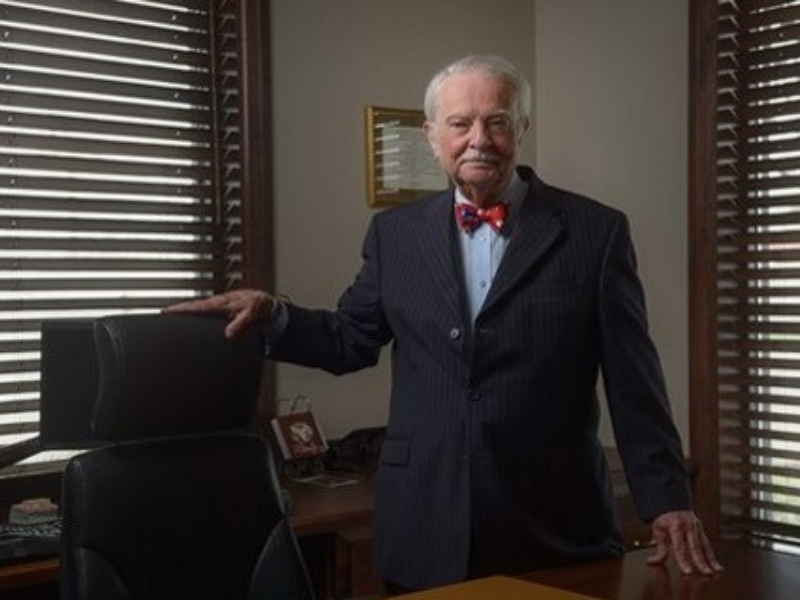
Featured Story
Tulane Law alumnus the Honorable Frank A. “Pappy” Little, Jr. (A&S ’58, L ‘61), who served on the federal bench for 22 years with distinction and was a pioneer in Louisiana trust law, has died. He was 87.
Little, who in 2023 was inducted into the Tulane Law School Hall of Fame, was retired...  Tulane Law alumnus the Honorable Frank A. “Pappy” Little, Jr. (A&S ’58, L ‘61), who served on the federal bench for 22 years with distinction and was a pioneer in Louisiana trust law, has died. He was 87.
Little, who in 2023 was inducted into the Tulane Law School Hall of Fame, was retired... Read more
Tulane Law alumnus the Honorable Frank A. “Pappy” Little, Jr. (A&S ’58, L ‘61), who served on the federal bench for 22 years with distinction and was a pioneer in Louisiana trust law, has died. He was 87.
Little, who in 2023 was inducted into the Tulane Law School Hall of Fame, was retired... Read more 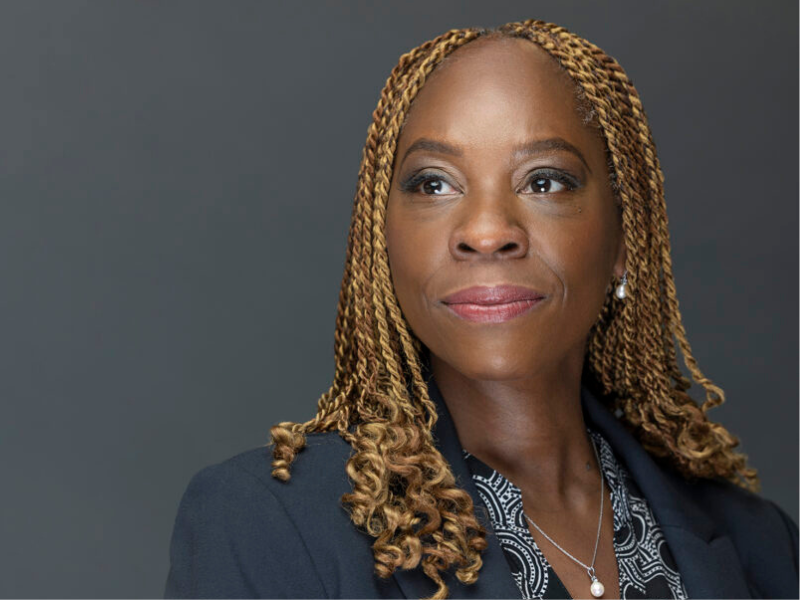
Former civil rights lawyer, 1st Black woman on the 11th Circuit will be graduation speaker
Tulane Law alumna Nancy Gbana Abudu (L’99), who made history as the first African-American woman to serve on the U.S. Court of Appeals for the Eleventh Circuit, will be the Tulane Law School graduation speaker, interim law Dean Sally Richardson announced.
Abudu, a law alumna of Tulane, was... Read more March 26, 2024
Tulane Law names familiar face as Dean of Students
Long-time Tulane Law Assistant Director of Admissions Emily Wojna-Hodnett has become the law school’s new Assistant Dean of Students, interim Dean Sally Richardson announced.
Gaunt
Wojna-Hodnett (L ‘14, SoPA '20, SoPA '22) succeeds former Assistant Dean of Students Abigail Gaunt who stepped... Read more March 25, 2024
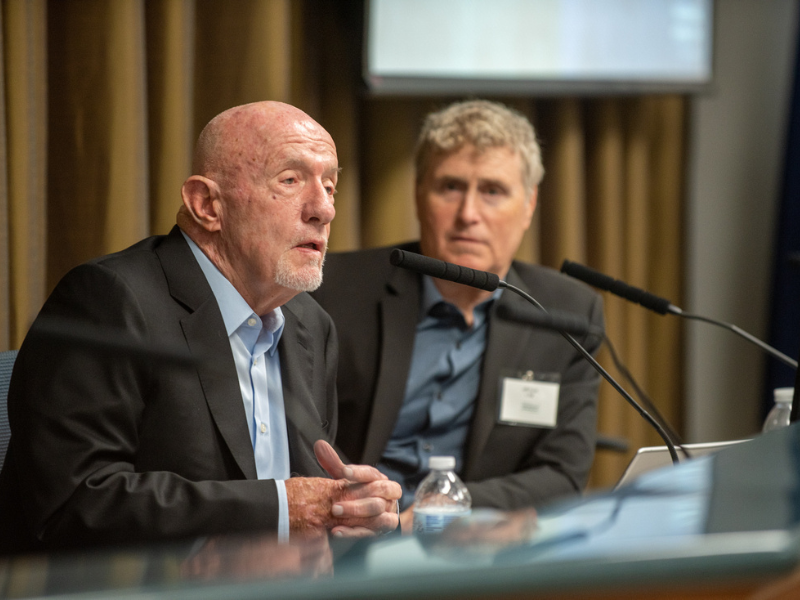
Tulane Entertainment & Sports Law Conference April 5-6 is packed with speakers, industry brass
Tulane’s Entertainment & Sports Law Conference takes place April 5-6 and will bring some of the top names in the industry to Tulane Law.
One of the premier events for lawyers, executives and VIPs from the sports and entertainment industry, the event will run over two days and will include... Read more March 25, 2024
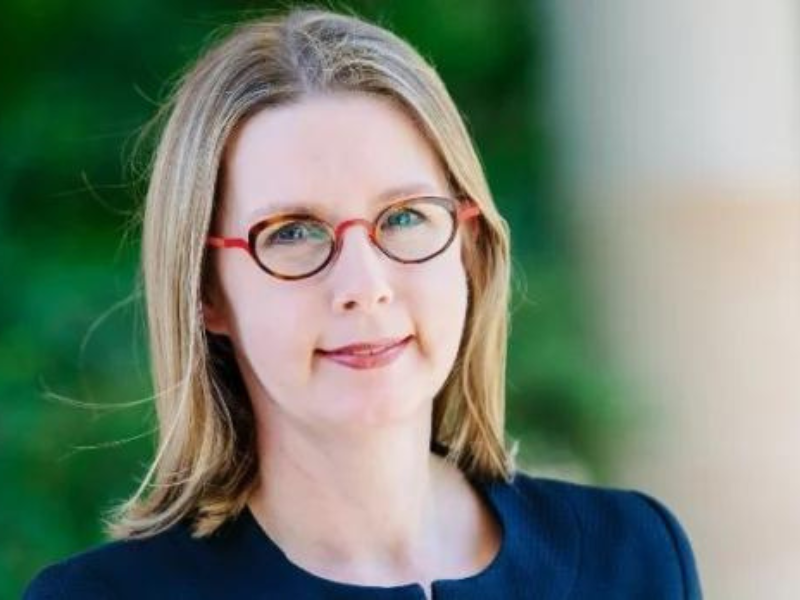
Tetley Lecture on maritime law to be held April 3
Tulane Law’s endowed lecture focused on maritime law, the William Tetley Lecture, will be held April 3 and will explore the latest pressing issues affecting shipping operations throughout the world.
This year’s Tetley lecturer is the Hon. Sarah Derrington, a Justice of the Federal Court of... Read more March 24, 2024
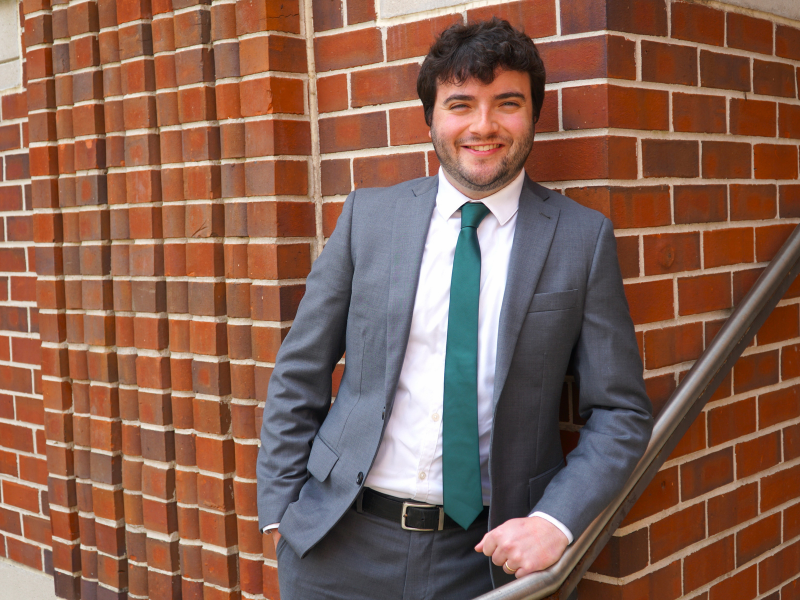 The Tulane Law Review’s Editor-in-Chief has won the prestigious Burton Award, marking the seventh time in a decade that a Tulane student has won the national legal writing award.
Cameron Ott (L’24) wrote his case note for the Law Review last year, where he now serves as the top editor for... Read more
The Tulane Law Review’s Editor-in-Chief has won the prestigious Burton Award, marking the seventh time in a decade that a Tulane student has won the national legal writing award.
Cameron Ott (L’24) wrote his case note for the Law Review last year, where he now serves as the top editor for... Read more 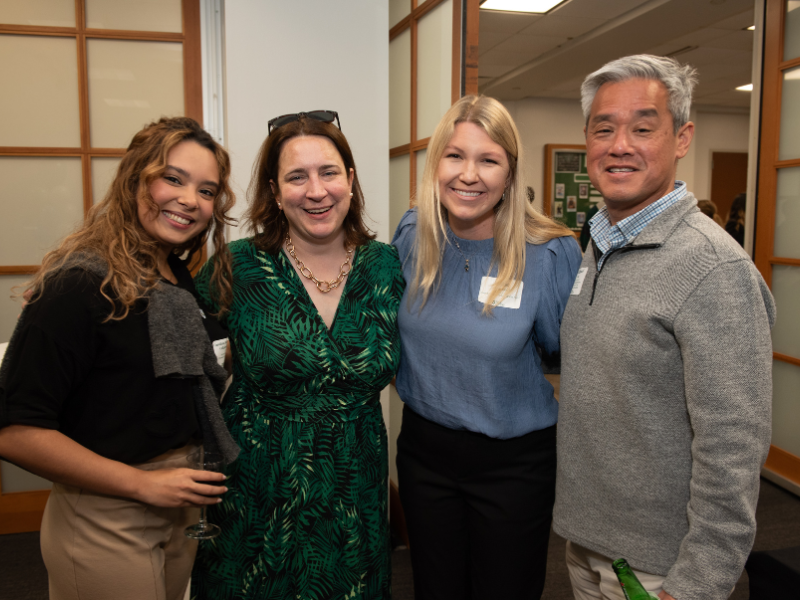 Michael Rubenstein was poignantly honest speaking during Tulane Law’s first annual Celebration of Scholarships: attending Tulane Law School back in the 1990s would not have been possible without his full-ride scholarship.
Michael Rubenstein (L'93)
“The scholarship that I received changed my... Read more
Michael Rubenstein was poignantly honest speaking during Tulane Law’s first annual Celebration of Scholarships: attending Tulane Law School back in the 1990s would not have been possible without his full-ride scholarship.
Michael Rubenstein (L'93)
“The scholarship that I received changed my... Read more 
Tulane Admiralty Law Institute March 20-22 focused on sea changes in maritime industry
Tulane is hosting the 30th biennial Admiralty Law Institute (ALI) March 20-22, where leading admiralty and maritime law practitioners and academics come to discuss the pressing issues of the industry.
The ALI is the oldest such conference in the nation, and has been, since 1965, the largest... Read more March 08, 2024
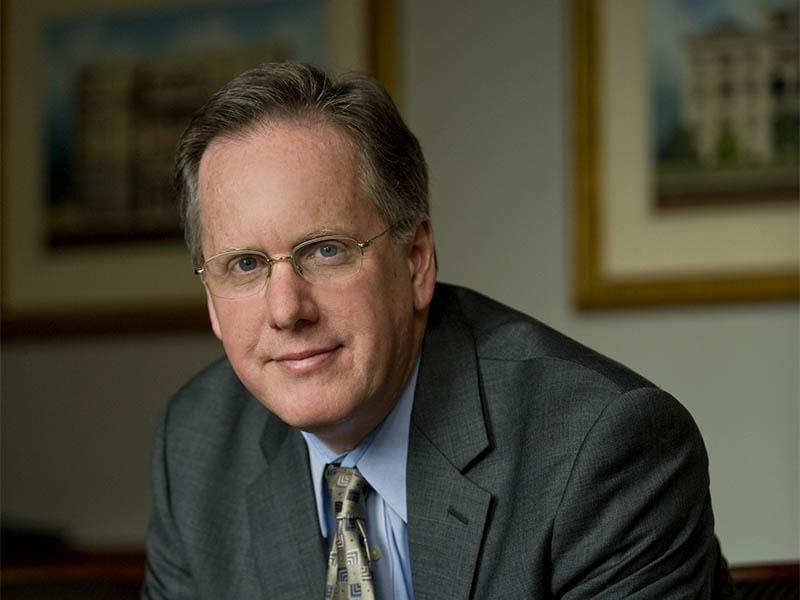 Tulane Law Professor Stephen Griffin is hosting a national scholarly conference on the significance of Reconstruction and the Fourteenth Amendment in the U.S. Constitution on Friday and Saturday, March 15 and 16.
In conjunction with the George and Ann Richards Civil War Era Center at Penn State ... Read more
Tulane Law Professor Stephen Griffin is hosting a national scholarly conference on the significance of Reconstruction and the Fourteenth Amendment in the U.S. Constitution on Friday and Saturday, March 15 and 16.
In conjunction with the George and Ann Richards Civil War Era Center at Penn State ... Read more 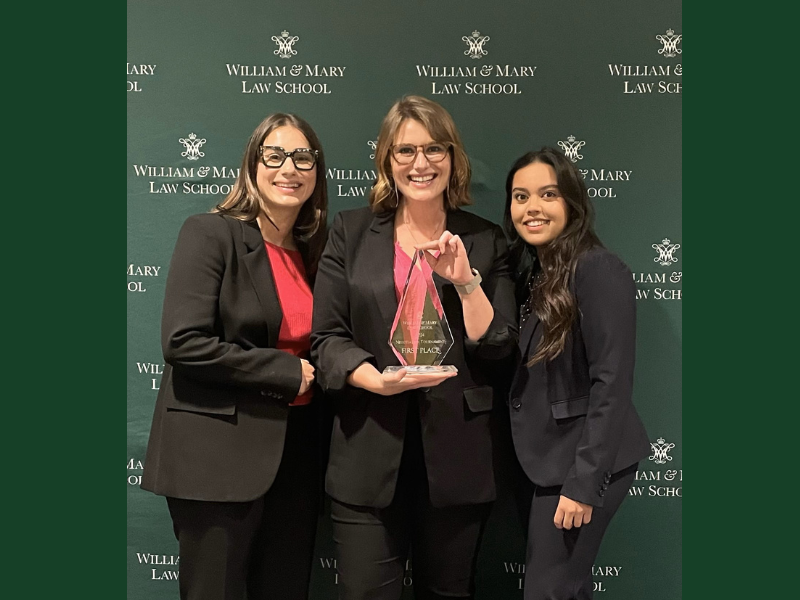
Tulane Law ADR team wins William & Mary Law competition
Tulane Law School’s Alternative Dispute Resolution (ADR) Team took the top spot in the William & Mary Law School Negotiation Competition held March 1-2.
Tulane’s team – second-year law students Ke’ala Brosseau and Corina DeFeo – defeated Southwestern Law School (Los Angeles) to take first... Read more March 04, 2024

The New Orleans Book Festival at Tulane University opens its third chapter March 14-16
The New Orleans Book Festival at Tulane University, one of the nation’s newest and thought-provoking literary celebrations, returns March 14-16 for its third chapter. The 2024 fête features more than 150 acclaimed authors and thought leaders, 90+ panels, book signings, a culinary symposium, Family... Read more March 04, 2024
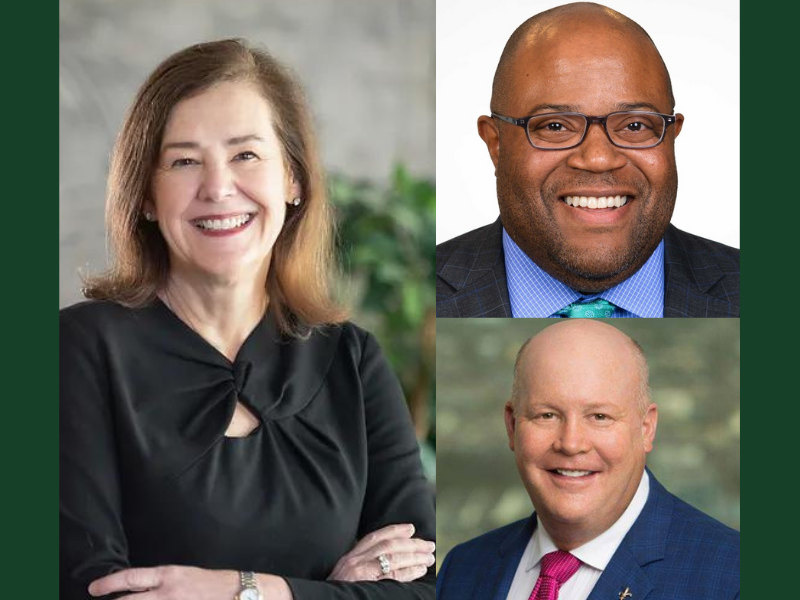
Three alumni to join the Tulane Law Dean's Advisory Board
Three new distinguished and dynamic alumni are joining the prestigious Tulane Law School Dean’s Advisory Board, providing vital counsel to the institution’s leadership as it navigates its strategic objectives.
Their careers span a broad range of legal areas including public policy, finance and... Read more February 27, 2024
 The U.S. Supreme Court’s institutional challenges and its shadow docket will be the subject of this year’s McGlinchey Lecture on Federal Litigation to be held March 18.
The Lecture features Professor Stephen Vladeck, the Charles Alan Wright Chair in Federal Courts at the University of Texas at... Read more
The U.S. Supreme Court’s institutional challenges and its shadow docket will be the subject of this year’s McGlinchey Lecture on Federal Litigation to be held March 18.
The Lecture features Professor Stephen Vladeck, the Charles Alan Wright Chair in Federal Courts at the University of Texas at... Read more  Tulane’s Corporate and Securities Law Roundtable returns March 9, on the heels of the 36th annual Corporate Law Institute.
Tulane Law Professor and Associate Dean for Faculty Research Ann Lipton annually gathers top corporate and securities scholars from around the country to explore changes in... Read more
Tulane’s Corporate and Securities Law Roundtable returns March 9, on the heels of the 36th annual Corporate Law Institute.
Tulane Law Professor and Associate Dean for Faculty Research Ann Lipton annually gathers top corporate and securities scholars from around the country to explore changes in... Read more 
Tulane Corporate Law Institute takes place March 7-8
The nation’s top M&A and securities practitioners, leading corporate counsel and Wall Street investment bankers will descend on New Orleans March 7-8 for the 36th annual Tulane Corporate Law Institute, the premier M&A conference in the nation.
This year’s conference, to be held at the... Read more February 22, 2024